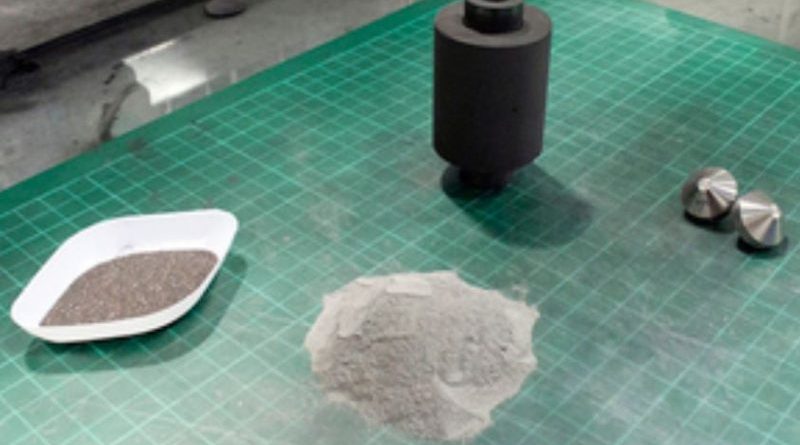Ministry of Defence lab streamlines titanium process, halves the cost
A Ministry of Defence lab in Yorkshire has discovered a way to reduce the 40-stage process required to create titanium down to just two stages.
Scientists at the Defence Science and Technology Laboratory in Porton Down, the very same lab that’s been investigating the recent accusations of nerve agent poisoning on former spy Sergei Skripal, have refined the process and have outlined to press that the method rapidly reduces production time and the cost too.
Defence Secretary Gavin Williamson said: “Our Armed Forces use titanium in everything from cutting-edge nuclear submarines and fighter jets through to life-changing replacement limbs – but production time and costs mean we haven’t always used it. This ground-breaking method is not only faster and cheaper but could see a huge expansion of titanium parts and equipment throughout the military. It is a clear example of how our world-class scientists are working behind the scenes to help our Armed Forces as well as bringing prosperity and security to Britain.”
Titanium’s material properties lend well to bicycle production and are indeed the choice of numerous industry specialists from Enigma in the UK to Moots, Van Nicholas and Lynskey. A high strength to weight ratio and corrosion resistance make it an ideal choice for many makers with affluent clientelle, though a high level of skill is required by those welding frames.
The DSTL invested £30,000 in the research project at the University of Sheffield, something that led to the ground-breaking discovery.
The pioneer of this revolutionary technique, Dr Nick Weston said: “FAST-forge is a disruptive technology that enables near net shape components to be produced from powder or particulate in two simple processing steps. Such components have mechanical properties equivalent to forged product. For titanium alloys, FAST-forge will provide a step change in the cost of components, allowing use in automotive applications such as powertrain and suspension systems.”
The bicycle industry has been making progress elsewhere when it comes to titanium development. Use of 3D printing titanium powder has been touted as another solution to dropping prices, though this has yet to gain much traction beyond the creation of artisan small parts such as lugs and dropouts.



